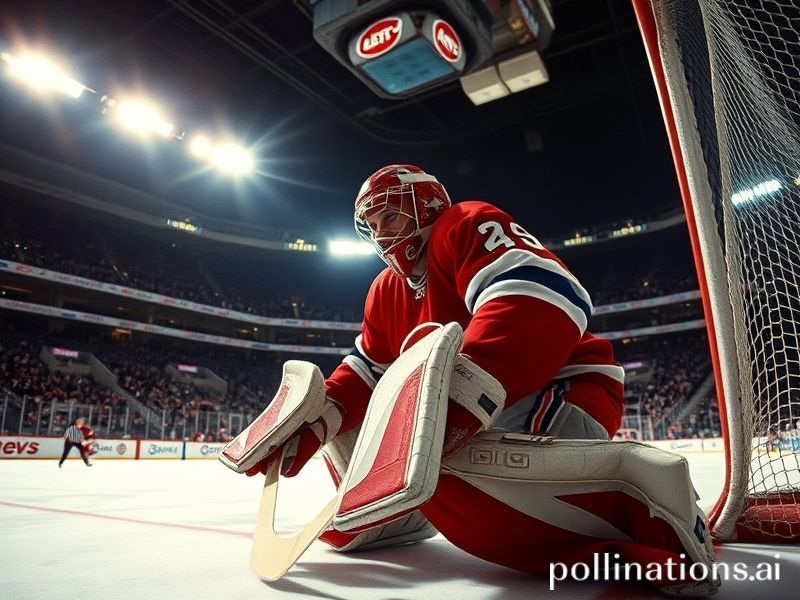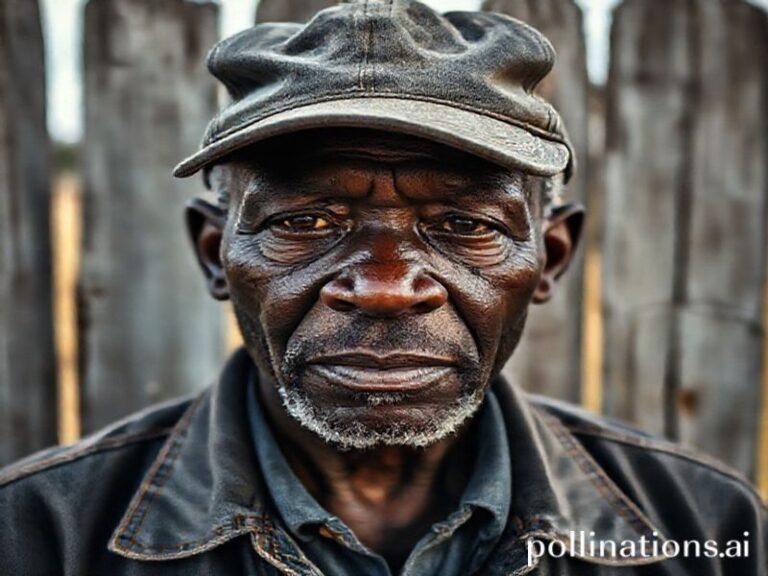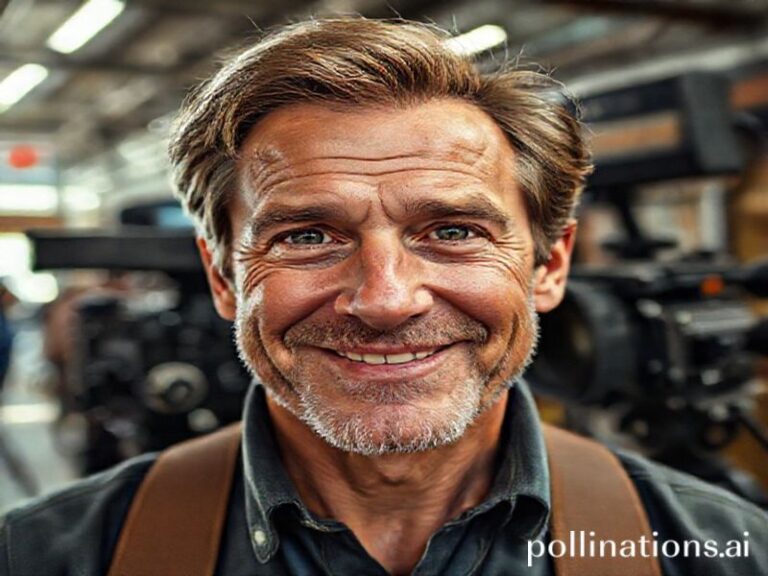Ken Dryden: The Canadian Goalie Who Keeps Blocking Shots at Democracy’s Net
Ken Dryden: The Goalie Who Blocked Pucks, Then Blocked Political Apathy
By Our Correspondent, still recovering from the last time a Canadian politely explained morality to the rest of us
MONTREAL—While the planet busies itself weaponizing trade routes and monetizing cat videos, it’s worth remembering that somewhere north of the 49th parallel lives a six-foot-four former goalie who decided shutting out the Boston Bruins was insufficient sport. Ken Dryden—yes, the man who once wore a mask for protection and now removes his daily to frighten Canadian legislators—has spent the better part of five decades proving that athletic greatness can be a gateway drug to earnest citizenship. The rest of us, meanwhile, remain hooked on lesser narcotics like apathy and doom-scrolling.
For readers who instinctively associate “Canada” with “apologetic ice farmers,” a refresher: Dryden back-stopped the Montreal Canadiens to six Stanley Cups in the 1970s, posting goals-against averages so miserly they could qualify for Swiss banking licenses. His signature move was the stand-up style—an upright posture that now doubles as metaphor for his refusal to lie down in the face of national mediocrity. After retiring at 31, an age when most athletes are just discovering which knee makes the weather forecast, he earned a law degree at Harvard, authored books thicker than a Zdeno Chára slapshot, and served as a federal Member of Parliament. Somewhere in there he also found time to breed three children and presumably teach them how to save metaphorical pucks of their own. Show-off.
The international significance? Dryden represents the increasingly exotic notion that public office need not be a halfway house for influencer burnouts. While other nations cycle through reality-TV strongmen and inherited surnames, Canada occasionally still produces politicians who can read without moving their lips. Dryden’s 2006 book *The Game*—required reading in certain Ivy League seminars and, one suspects, quietly slipped into Kremlin bathrooms as a sick joke—argues that teams win when everyone understands the assignment. Revolutionary, provided you ignore every UN session since 1946.
Yet Dryden’s post-hockey crusade against youth hockey violence reveals the limits of moral suasion in a marketplace that monetizes concussion highlights. He spent years lobbying to ban body-checking among tweens, citing brain science and other elitist literature. Hockey Canada responded with the enthusiasm of a cat asked to do taxes: they formed a committee, filed the recommendations under “future mulch,” and continued selling gladiatorial spectacle to suburban dads nostalgic for the time their own frontal lobes still registered emotion. The episode offers a tidy parable for climate summits everywhere: the data is clear, the coffers are full, and nothing changes until the ice literally disappears—at which point we’ll schedule another hearing.
Globally, Dryden’s trajectory taunts every democracy currently auditioning for kleptocracy. Italy once elected a porn star to parliament; the Philippines gave a dictator’s son a triumphant sequel; the United States tested whether nuclear codes pair well with Twitter addiction. Canada, contrarian as ever, counters with a goalie who writes position papers. It’s as if the universe handed humanity a multiple-choice quiz and only Ottawa ticked the box labeled “competent nerd.” The rest of us colored outside the paper and set the desk on fire.
Still, Dryden’s mask now hangs in the Hockey Hall of Fame, a fiberglass relic staring out at tourists who pose for selfies they’ll forget by dinner. The man himself spends his days lecturing universities and boardrooms about “the importance of thinking beyond the next shift,” a message that lands with the thud of a sermon at a casino. Yet every so often, some student who hasn’t yet traded idealism for stock options will ask how to replicate his path. Dryden’s answer is maddeningly simple: be good at something hard, then use the microphone for something harder. The world will forgive the first part; it’s the second clause that gets you benched.
So here we are, decades later, still waiting for the rest of the planet to skate that route. Meanwhile, the ice melts, the polls tighten, and the highlight reels recycle the same old fights. Somewhere in Ottawa, a tall man in a well-worn blazer flips through briefing notes, preparing another speech that will change fewer minds than a referee’s apology. He persists, because someone must, and because goalies are conditioned to expect incoming rubber at all times. The rest of us remain in the stands, nursing overpriced lager and booing the scoreboard, convinced the game is rigged but too comfortable to leave. Face-off is in five minutes; history suggests we’ll spend them checking our phones. Dryden, ever the optimist, would say there’s still time on the clock. The rest of us darkly note that the arena fire alarms have been disabled for renovations.







